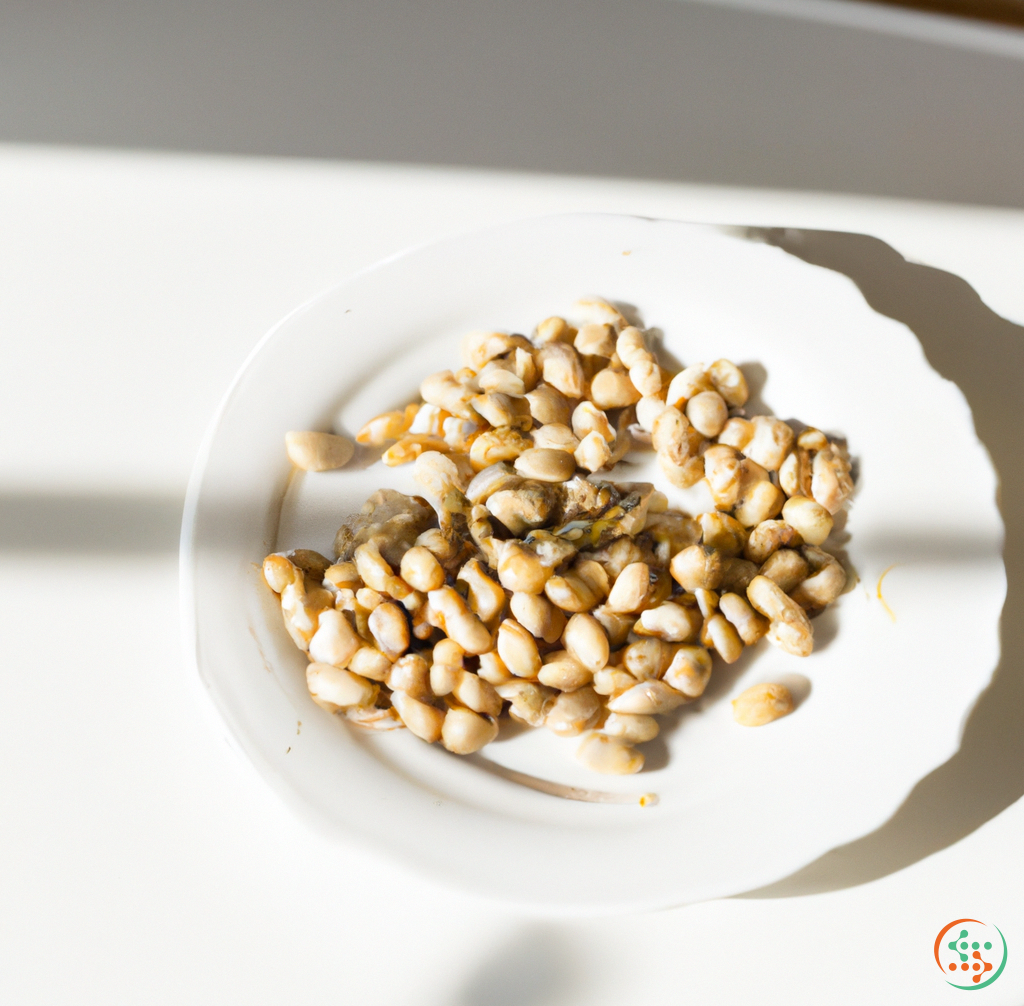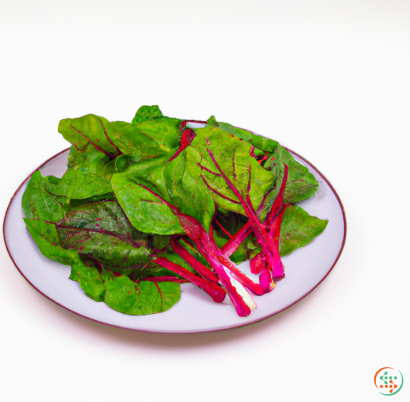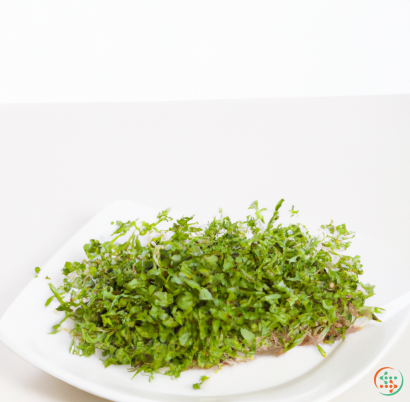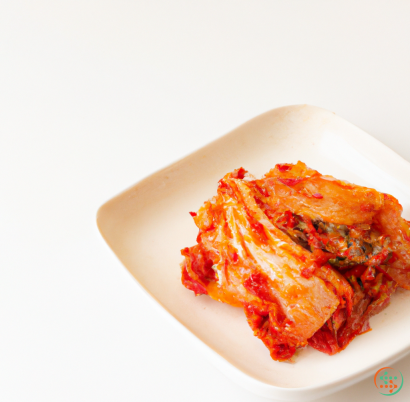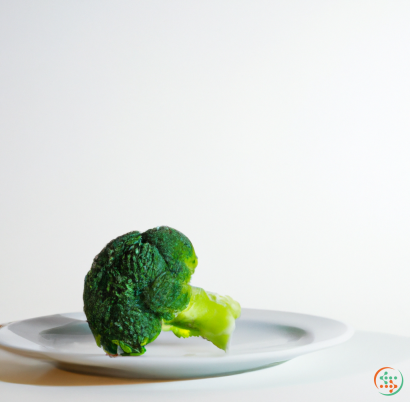Soy Beans
,
What are Soybeans?
Soybeans are a species of legume that has been cultivated for thousands of years. The soybean plant is native to East Asia and first domesticated in China.
Soybeans are high in protein, contain healthy nutrients and can be used for a variety of dishes. In fact, it’s one of the most widely consumed plant-based sources of protein in the world.
Because of their versatile nature and many health benefits, soybeans have become a staple in the diets of many people.
Nutrient Profile
Soybeans are a nutrient-dense food, packing proteins, minerals, vitamins, and other beneficial compounds. Here’s a rundown of the nutrition profile of one cup (172 grams) of cooked soybeans:
Calories: 298
Protein: 28.6 grams
Fat: 11.2 grams
Carbohydrates: 22.2 grams
Fiber: 8.9 grams
Manganese: 61% of the Reference Daily Intake (RDI)
Phosphorus: 56% of the RDI
Iron: 49% of the RDI
Folate: 26% of the RDI
Magnesium: 20% of the RDI
Copper: 18% of the RDI
Potassium: 15% of the RDI
Zinc: 13% of the RDI
Soybeans are also rich in plant compounds that act as antioxidants, such as isoflavones, saponins, and phytosterols.
Health Benefits
The nutrient-dense nature of soybeans provides many health benefits. Here are some of the ways that soybean consumption can benefit your health.
May Aid Weight Loss
Soybeans are low in calories and contain plenty of fiber, which may make them a suitable choice if you’re attempting to lose weight. One study in rats found that supplementation with a soy extract can help reduce food intake, fat accumulation, and body weight.
A separate review of 16 studies found that higher soy intake was associated with 0.68 kg less weight and .25 cm less abdominal fat compared with lower soy intake.
May Improve Heart Health
Soybeans may help reduce several risk factors for heart disease, like high blood pressure, cholesterol levels, and inflammation.
One study in 15 men and women demonstrated that substituting 40% of their dietary animal protein intake with soy protein reduced total cholesterol levels by 5%.
The isoflavones in soybeans may also help lower blood pressure. In one study, women who ate a diet high in soybeans for six weeks experienced decreases in both systolic and diastolic blood pressure.
Good Source of Protein
Soybeans are an excellent source of vegetarian protein, making them a popular meat substitute among vegetarians and vegans.
One cup of cooked soybeans provides 28.6 grams of protein, which is nearly the same amount of protein found in a 3-ounce (85-gram) portion of cooked chicken breast.
Furthermore, the quality of the protein found in soybeans is higher than most other plant-based proteins, because it contains all nine essential amino acids.
May Help Manage Diabetes
Soybeans and soy products are often recommended for individuals who have diabetes, due to their low glycemic index.
In one study, 30 adults with prediabetes randomly received one of the following diets: high protein (33% of calories from protein), high soy (30% of calories from soy protein), or high animal protein (30% of calories from animal protein).
The results showed that those on the high-soy diet had greater reductions in metabolic risk factors than those on the high-protein or high-animal protein diets.
Potential Downsides
Although soybeans are generally very healthy, some people should avoid eating them or consume them in moderation due to their estrogen-like compounds.
These compounds are referred to as isoflavones and can potentially interfere with the normal function of hormones in both women and men.
For this reason, women who have a history of hormone-sensitive cancers, such as breast and ovarian cancer, should talk to their doctor before incorporating high amounts of soy into their diets.
In addition, some people are allergic to soy, just like any other food. The most common symptom of soy allergy is a tingling sensation in the mouth, followed by an itchy rash, swelling of the face and throat, and difficulty breathing.
Bottom Line
Soybeans are a versatile, nutrient-dense legume that can provide many health benefits.
Soybeans are rich in high-quality vegetarian protein, minerals, vitamins, and beneficial plant compounds, making them a nutritious addition to any meal.
Plus, soybeans appear to have positive effects on metabolic health, and may help reduce cholesterol levels and blood pressure.
However, individuals with hormone-sensitive cancers and soy allergies should limit their intake of soy or avoid it completely.
Soybeans to Dinner Plates: A Pathway of a Superfood
The evergrowing push for healthier and more sustainable food production has led to an increase in interest for the soybean, a popular legume. The soybean is commonly referred to as a “superfood,” due to its versatility, sustainability, nutritive value, and the various methods of processing it to yield high quality products. While soybeans are native to East Asia, they are developed and consumed all over the world. This blog post will cover the pathway of the soybean from its creation all the way to a diner’s plate, discussing the numerous steps that this journey entails, as well as its associated costs and benefits along the way.
The Creation of a Soybean
While much of the cultivation of soybeans is treasured and eager to be protected, the creation of a soybean starts with the dispersion of soybean seed. These are typically sold by seed companies who specialize in the production and sale of soybeans throughout the world. These seeds are carefully inspected and regulated to meet standards of purity, germination, and motivation (seed’s capability to germinate).
Seed sprouts are then planted in large fields of topsoil. The soil is important for providing the necessary availability of macro and micronutrients, such as nitrogen, phosphate, calcium, magnesium, and other elements, which the soybean plant requires for optimum health--particularly nitrogen, which is an essential nutrient for any legume.
The plants often take 90-120 days to be ready for harvest, and have to be grown in the proper environmental conditions. The ideal soil pH should range between 6.0 - 7.2, as too high of a pH can lead to toxic amounts of aluminum, copper, and phosphorus, while too low of a pH can reduce root growth. Furthermore, while soybeans are generally known to be highly tolerant to natural disasters, such as drought, flooding, and extreme temperatures, they still need to be monitored efficiently while they are developing.
Harvest and Cleaning the Soybeans
Once the soybean plants have mature their pods, the process of harvesting can begin. This can be done manually by scything and winnowing, where ripe pods are cut down with a scythe and then the soybeans are separated from the pods and chaff by winnowing, or mechanically, by machines.
At this stage, the beans must be dried and cleaned to remove dirt, weed seeds, and other debris, which can lead to contamination of the harvested crop. Drying can be done in a natural air drying process, where the beans are spread in thin layers and turned regularly over 5 - 7 days, or with a mechanical dryer, which can be done in just 2 - 4 hours. Cleaning involves the grinding of the soybeans, which both removes dirt and weeds, as well as separates the beans from the hulls. The result is a product that is relatively clean, with a certain percentage of foreign matter.
Processing the Soybeans
The cleaned and dried beans are then processed and preserved. This can vary depending on the desired end product, and what parts of the bean are wanted. There are four distinct methods that beans can be processed: full-fat, defatted, extrusion, and textured vegetable protein (TVP). Full-fat beans are the least processed beans, as they are cooked and sometimes even milled, yet still retain most of the nutrition that is offered in the raw bean.
Defatted beans go through another step of processing, where the oil from the beans is extracted, leaving behind a product with less fat, but a high concentration of proteins. Extrusion-cooked beans are subjected to high temperatures and pressures, which can both inactivate antinutritional factors and make them more digestible. Lastly, textured vegetable proteins (TVP) are the most processed soybeans, as the beans are cooked, extruded, and dried into a uniform product. Each of these processing techniques produces a different type of soybean product that can be used in a variety of applications.
Manufacturing and Packaging
Next, the processed beans are packaged and/or manufactured into various food products. This stage can involve a combination of processes, such as toasting, pressing, and crushing, as well as packaging of different forms (powdered, flaked, etc.). The manufacturing process is designed to preserve nutrition, but at the same time produce the desired form of the product, according to the needs of the manufacturer. This can include a wide range of products, such as tofu, tempeh, edamame, miso, soy milk, soy sauce, and other soybean-based products.
Distribution
Once the products are manufactured, they are then ready for distribution. Distribution involves the transportation of the products from manufacturing facilities to various retailers (i.e. grocery stores, restaurants, etc.) that offer the products to customers. This is done with sensitive care, as to ensure that the products reach retailers in a timely fashion, and are still fresh, tasty, nutritious, and safe for consumption.
Consumption
Lastly, the products are now available for purchase. Consumers have access to a variety of delicious food products that have been made from the soybean. The tasks of purchasing, cooking, and eating these products take place, and the energy and nutrition that has been invested in the soybean travel from the farm all the way to the diner’s plate.
Costs and Benefits
The pathway from soybeans to dinner plate carries a wide range of costs and benefits. From an environmental standpoint, the soybean is an extremely efficient crop to produce. The legume can provide nitrogen for the soil, and reduce the need for additional nitrogen fertilizers, when in rotation with other crops, as it possesses nitrogen-fixing bacteria on the roots of its plants. Additionally, due to its increasing demand, the production and consumption of the soybean can reduce greenhouse gas emissions, as it helps to reduce the number of animals in factory farms, and the transportation that they require.
Financially, the soybean is a relatively low-cost crop. Its production can be done with minimal inputs, reducing the need for high levels of investment in chemical fertilizer, herbicides, and insecticides. Its yield per field is also much greater compared to other crops, with 1 hectare of soybeans producing as much as 4 metric tons of food. Thus, this makes it a more attractive option for farmers, as the output and quality of their product is increased, while their costs remain low.
Nutrition and health wise, soybeans are packed with essential vitamins and minerals, such as potassium, magnesium, iron, zinc, and phosphorus. They are also a great source of dietary fiber and proteins, making it a great protein choice for vegetarians. In addition, the beans themselves contain isoflavones, a type of flavonoid that has beneficial anti-inflammatory, anti-cancer, and cholesterol-reducing properties. The various products manufactured from the bean, such as soy milk and tofu, can also contain high levels of these isoflavones.
Conclusion
The journey of the soybean is an inspiring one. This hardy crop has traveled a long way, starting at seed distributors and farmers, and ended up at the diner’s plate. Along the way, it has faced regulations, and faced processing and manufacturing to ensure quality and safety, as well as being distributed with thoughtful care, to guarantee it reached wholesome and appetizing conditions. Moreover, the range of options it can be made into, along with its nutritional and health benefits, are why it has become a staple food in many diets.
| Beta-Carotene | 0.005 mg | |
| Vitamin E | 0.35 mg | |
| Vitamin K | 0.0192 mg | |
| Vitamin C | 0.0017 grams | |
| Vitamin B1 | 0.16 mg | |
| Vitamin B2 | 0.29 mg | |
| Vitamin B3 | 0.4 mg | |
| Vitamin B4 | 0.0475 grams | |
| Vitamin B5 | 0.18 mg | |
| Vitamin B6 | 0.23 mg | |
| Vitamin B9 | 0.054 mg |
| Calcium | 0.102 grams |
Daily Value 1.3 g
|
| Iron | 0.00514 grams |
Daily Value 0.018 g
|
| Magnesium | 0.086 grams |
Daily Value 0.4 g
|
| Phosphorus | 0.245 grams |
Daily Value 1.25 g
|
| Potassium | 0.515 grams |
Daily Value 4.7 g
|
| Sodium | 0.001 grams |
Daily Value 2.3 g
|
| Zinc | 0.00115 grams |
Daily Value 0.011 g
|
| Copper | 0.41 mg |
Daily Value 0.9 mg
|
| Manganese | 0.82 mg |
Daily Value 0.0023 g
|
| Selenium | 0.0073 mg |
Daily Value 0.055 mg
|
| Tryptophan | 0.242 grams | |
| Threonine | 0.723 grams | |
| Isoleucine | 0.807 grams | |
| Leucine | 1.355 grams | |
| Lysine | 1.108 grams | |
| Methionine | 0.224 grams | |
| Cystine | 0.268 grams | |
| Phenylalanine | 0.869 grams | |
| Tyrosine | 0.63 grams | |
| Valine | 0.831 grams | |
| Arginine | 1.291 grams | |
| Histidine | 0.449 grams | |
| Alanine | 0.784 grams | |
| Aspartic Acid | 2.093 grams | |
| Glutamic Acid | 3.224 grams | |
| Glycine | 0.77 grams | |
| Proline | 0.974 grams | |
| Serine | 0.965 grams |
| Total Sugars | 0.131141 grams |
per 100g
|
| Myristic acid (14:0) | 0.03 grams |
|
| Palmitic acid (16:0) | 0.95 grams |
|
| Stearic acid (18:0) | 0.32 grams |
|
| Total Saturated fatty acids: | 1.3 g | |
| Oleic acid (18:1) | 1.96 grams |
|
| Palmitoleic acid (16:1) | 0.03 grams |
|
| Total Monounsaturated fatty acids: | 1.99 g | |
| Linolenic acid (18:3) | 0.6 grams |
|
| Linoleic acid (18:2) | 4.47 grams |
|
| Total Polyunsaturated fatty acids: | 5.07 g | |
